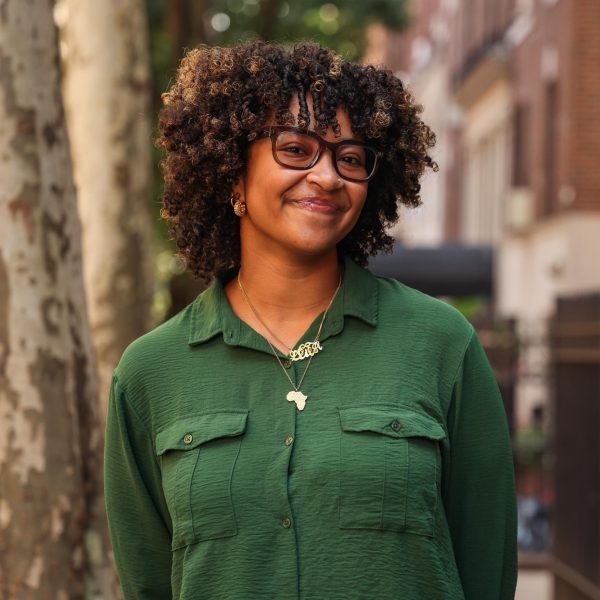Immunocompromised students concerned following mask mandate removal
Although some students and faculty members have continued to wear masks on campus following the lift of the mandate last month, some immunocompromised students are concerned about increased risks to their health.
File photo: The ease of mask mandate creates unease among immunocompromised students. Photo taken in early 2022. (Farheen Khan for WSN)
October 13, 2022
Some immunocompromised students at NYU, who are at an increased risk of severe COVID-19 complications, are concerned about their health following the university’s decision to lift its mask mandate on campus on Sept. 28. The policy change applied to classrooms, university transportation services and academic settings including Bobst Library — some of the last spaces on campus which required masking.
Steinhardt junior Kanita Tariq, who is immunocompromised, said that her health has been put at risk. She plans to continue to wear her mask in most classroom settings, and said that she thinks NYU should allow professors to choose whether to enforce the mask mandate in their classrooms.
“It is quite scary to see such a large amount of students without masks, especially when packed in a lecture hall,” Tariq said. “I feel anxious about NYU lifting the restrictions, especially since it seems like many people are getting sick recently. We have no way of knowing whether or not they have COVID-19.”
NYU sent out an email reminding the university community that mask wearing is welcome on campus on Monday, Oct. 10. WSN observed more than 900 students in Bobst Library on the day before and after the mask mandate was dropped. When masks were still required, 36.3% of students were observed wearing masks, and only 32.9% were on the day of the policy change. Masks are also still required in healthcare settings and for students who are exposed to or test positive for COVID-19.
NYU spokesperson Shonna Keogan said that the university’s masking policies are in line with New York City and New York state, adding that risk of death or hospitalization from COVID-19 is currently lower compared to earlier in the pandemic — including for those with underlying health conditions.
“We understand that the lifting of the mask mandate may be an anxiety-provoking development for some,” Keogan wrote to WSN. “However, vaccines, higher population level immunity, and timely access to testing and treatment (when clinically indicated) for COVID help protect individuals — including those with underlying health conditions — from getting very sick.”
CAS sophomore Nicole Davison, who is also immunocompromised, previously had COVID-19, and said she experienced congestion in her lungs and shortness of breath. After the mask mandate’s removal, she has continued to wear an N-95 mask, use hand sanitizer and disinfect her everyday items with Clorox wipes.
“Especially with cold and flu season right around the corner, you can never be sure what someone has,” she said. “Hearing people coughing, sniffling and sneezing in such close proximity without a mask now scares me.”
Contact Leila Olukoga at [email protected].




























































































































































